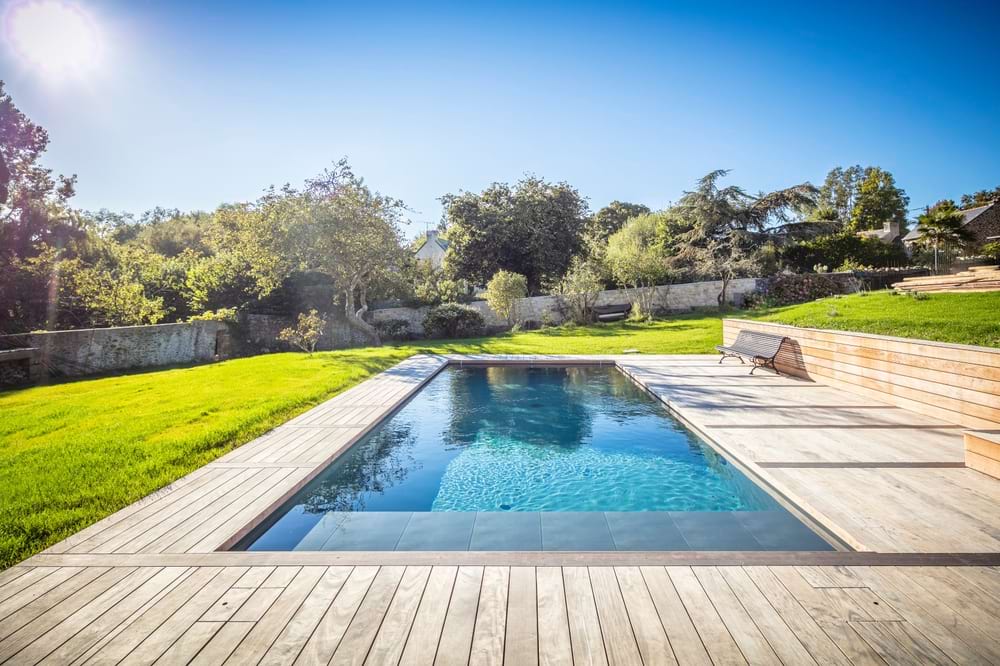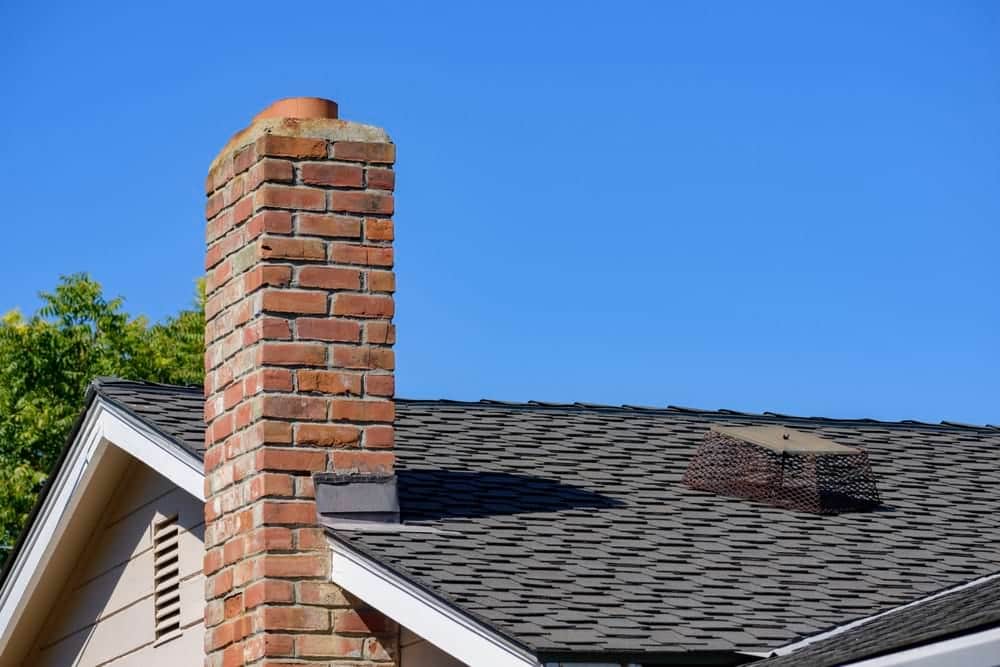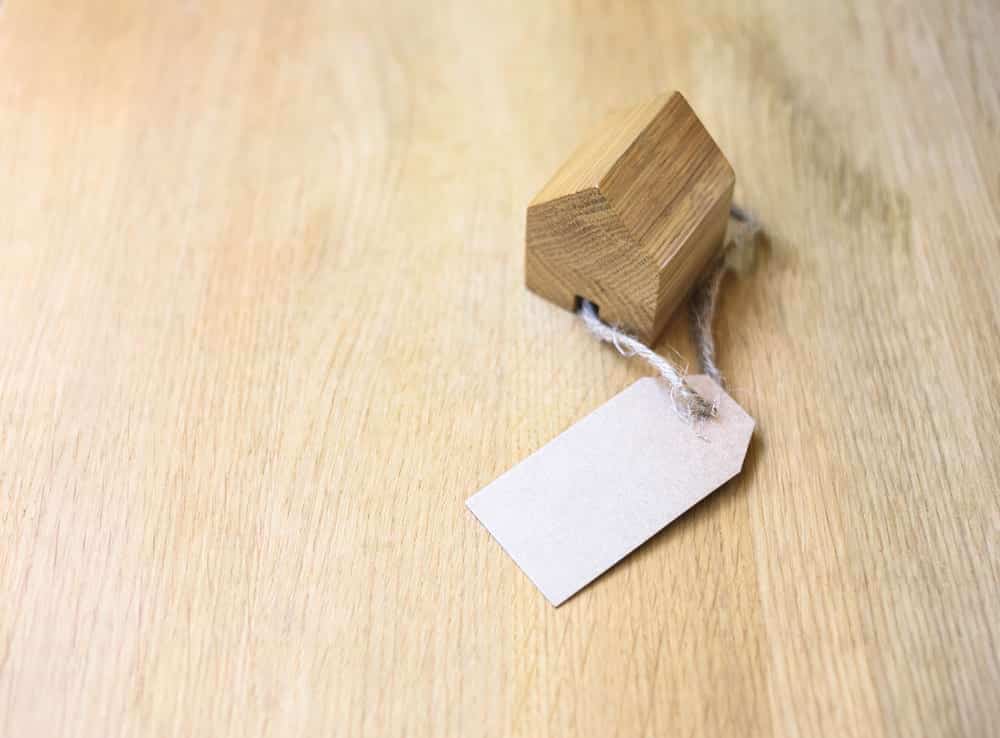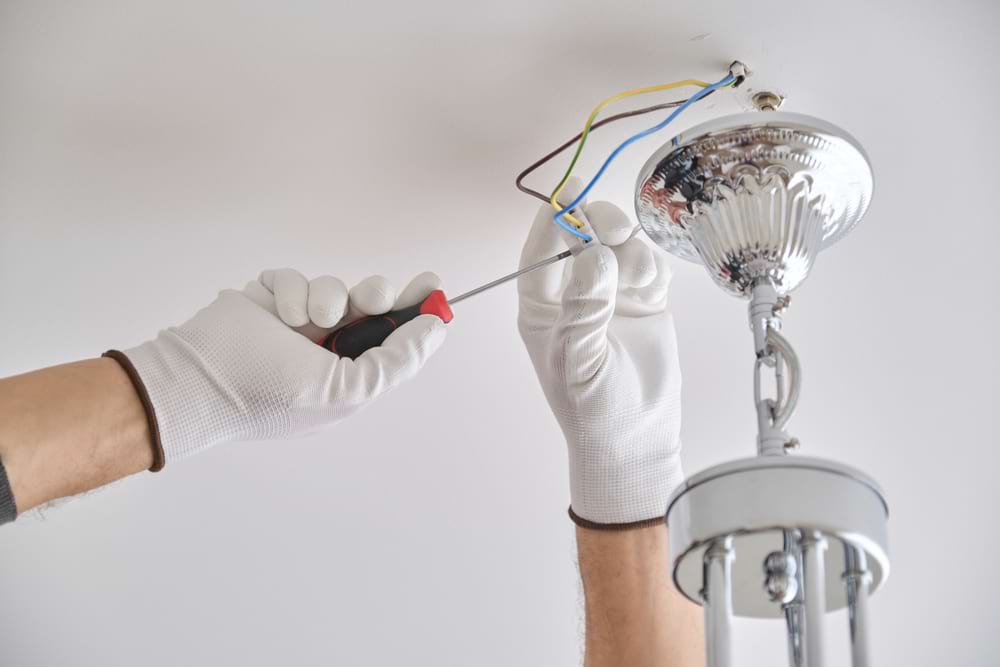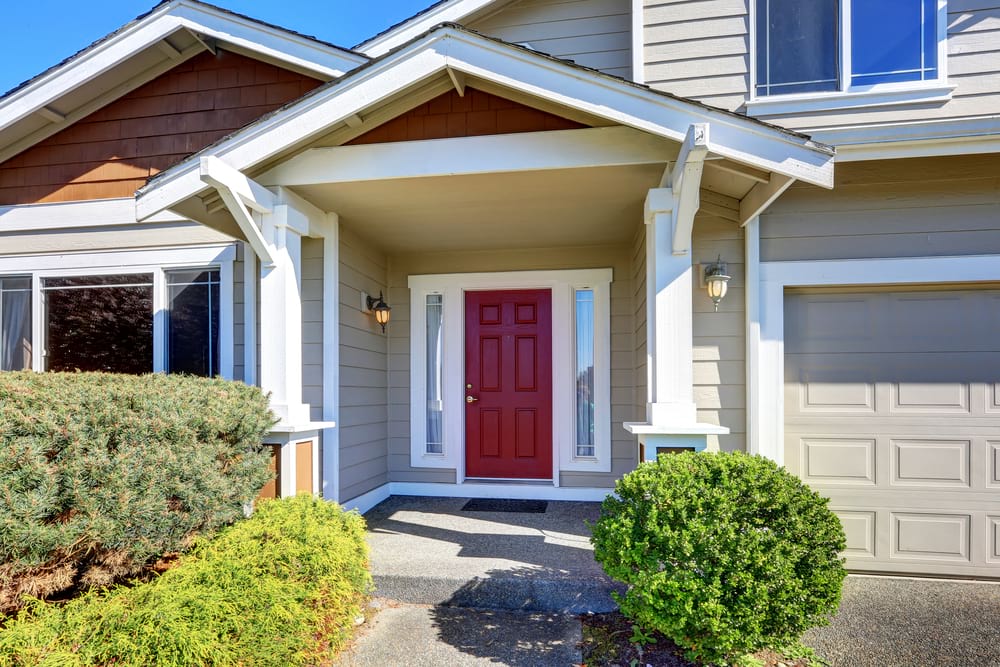Swimming pools give you and your loved ones a place to relax and socialise.
But believe it or not, some people don’t like them!
So, does installing one add value to your house?
Let’s dive in…
Do swimming pools add value to a house?
Estimates vary, but some sources state that on average, a swimming pool adds around 10% to the value of a house.
Some swimming pools can add more value to your home.
Indoor swimming pools, for example, can add up to 20%. Of course, the installation costs will also be much higher.
As the average UK property’s value is approximately £310,000, this means it could often add £62,000.
How common are swimming pools in the UK?
Experts predict that around 250,000 houses in the United Kingdom have a swimming pool. This is far more common in the south of England.
Around 2,500 new pools are installed every year. But at the same time, other houses are getting rid of theirs.
Different types of swimming pools
There are two main categories of swimming pools: Indoor and outdoor pools.
Within these categories, there are different types.
For example, some outdoor swimming pools are ‘above ground’, meaning users must climb up a ladder to get in.
Others are ‘in ground’, so users can step – or jump – down into them.
There are also different shapes, such as:
- Lap pools, which are narrow to allow users to swim lengths.
- Infinity pools have a visual effect of water vanishing over into the horizon and appearing to vanish.
How much does a swimming pool cost to install?
The general price range is between £60,000 to £150,000 for a full swimming pool installation.
It depends on the size, pool type, location, and installer you use.
This covers everything from architecture, digging, plumbing, heating, covers and more.
You can buy some swimming pools that are ‘ready-made’. These often cost around £20,000 for a simple version.
Or up to £40,000 for a more complicated type of pool.
Remember that even after you’ve installed a pool, ongoing maintenance will push your costs even higher.
Advantages of having a swimming pool at your house
Increased house value
With a swimming pool, your house value increases by around 10% on average.
For more elaborate installations, this could be 20% in value. This equates to tens of thousands of pounds.
Health benefits
Studies show that swimming is a therapeutic exercise that’s great for reducing stress and improving your mood.
It’s also excellent exercise.
Entertainment
A swimming pool is the perfect way to entertain guests at your house. People of all ages will enjoy it.
Especially during the summer months. It’s a great way to keep your kids occupied or to catch up with an old friend.
Disadvantages of having a swimming pool at your house
Initial costs
The up-front cost of installing a swimming pool is large. You’ll pay tens of thousands of pounds.
And you don’t make this money back until you sell the house. Which, of course, you might never plan to do!
So, you’ll be taking a step backwards financially in the short-term.
Ongoing maintenance
Water treatment, cleaning, repairs, and ventilation are all tasks needed to maintain a swimming pool.
This involves money and time. And if you aren’t getting much use out of it, it could feel frustrating.
Lack of weather compatibility in the UK
There’s a reason that swimming pools are far more common in countries nearer the equator than in the UK.
The weather is not fantastic here. So, if you’ve got an outdoor swimming pool, there might only be a few days per year where it’s suitable.
Reduces garden space
Swimming pools can take up valuable garden space.
This is not often a problem in larger gardens. But for smaller ones, it could end up dominating the property’s outside space.
Things to consider before getting a swimming pool
Firstly, you should decide on a clear budget and stick to it.
You’re unlikely to make this back anytime soon. So, you mustn’t spend more than you can afford.
It’s also important to be realistic about whether you’ll use it. It may seem like a nice idea but the UK weather is rarely ideal!
Research lots of installers before hiring someone. Not all of them will do an outstanding job. Ask friends and family for recommendations, if you can.
Make sure you’ve allocated maintenance costs into your household budget.
And manage all your expenses carefully to ensure you get a return on investment when you sell.
And when the time comes to sell your house, pick an estate agent with expertise in this area.
They’ll hopefully advise you on how to get the best value for a house with a swimming pool.
